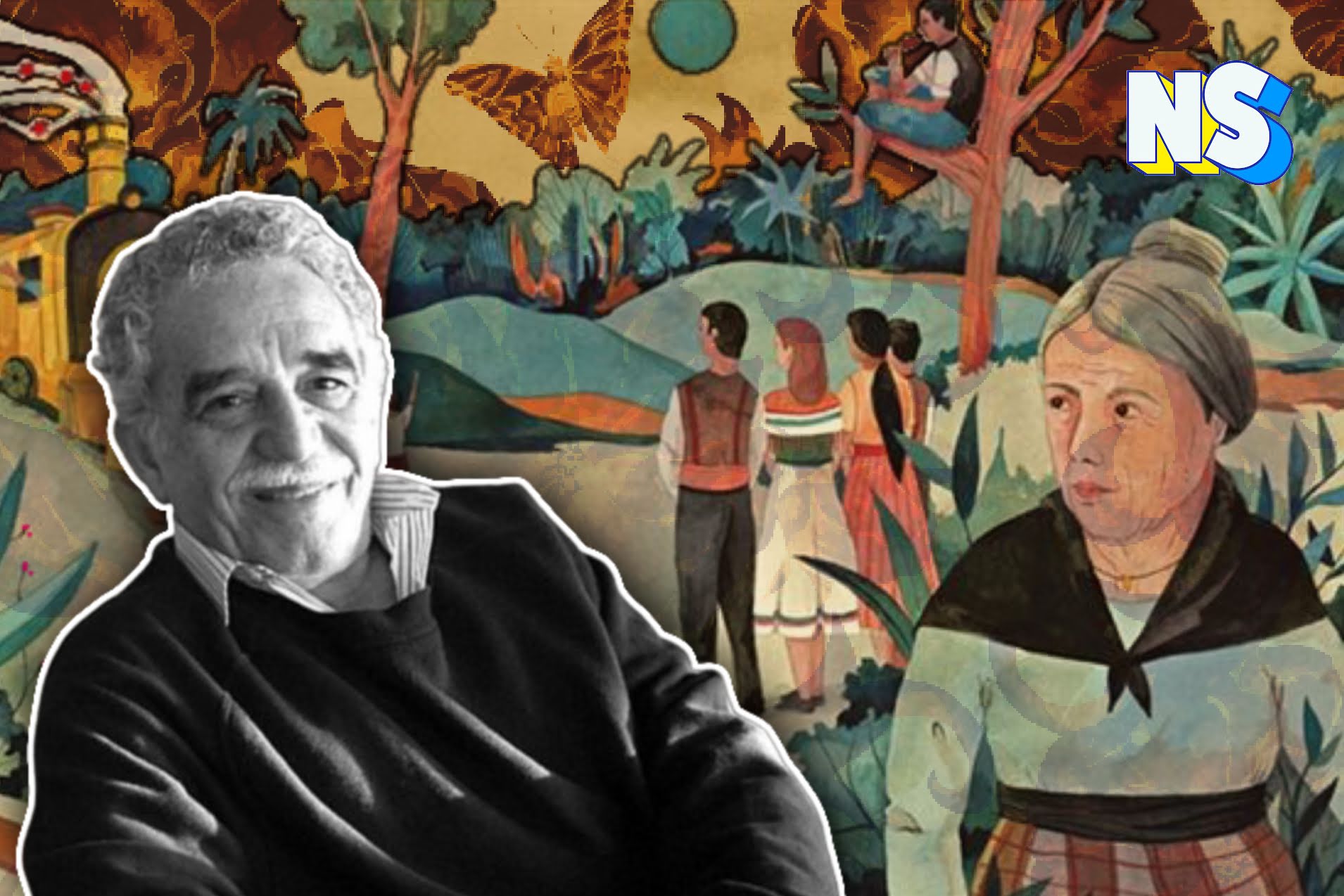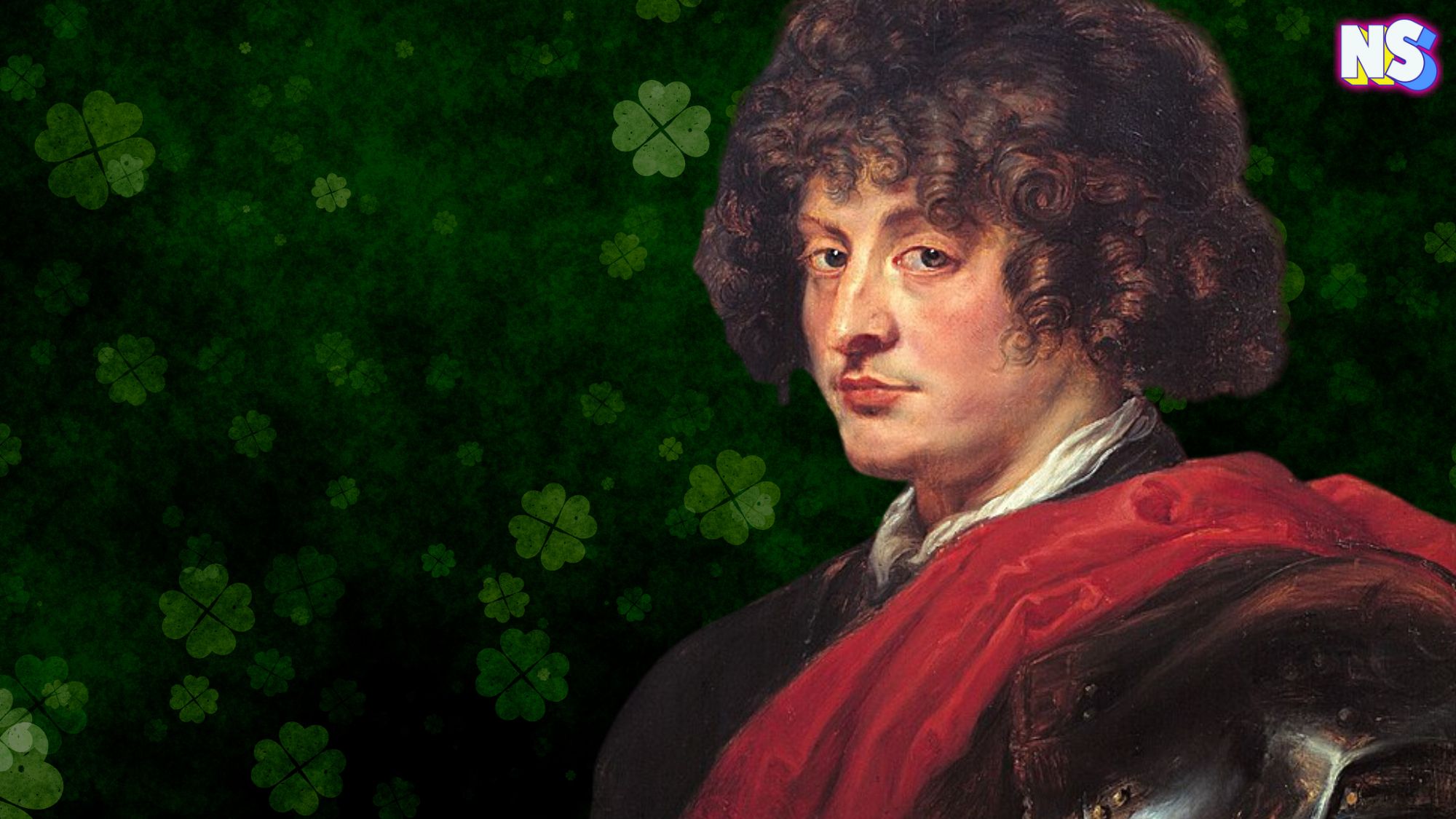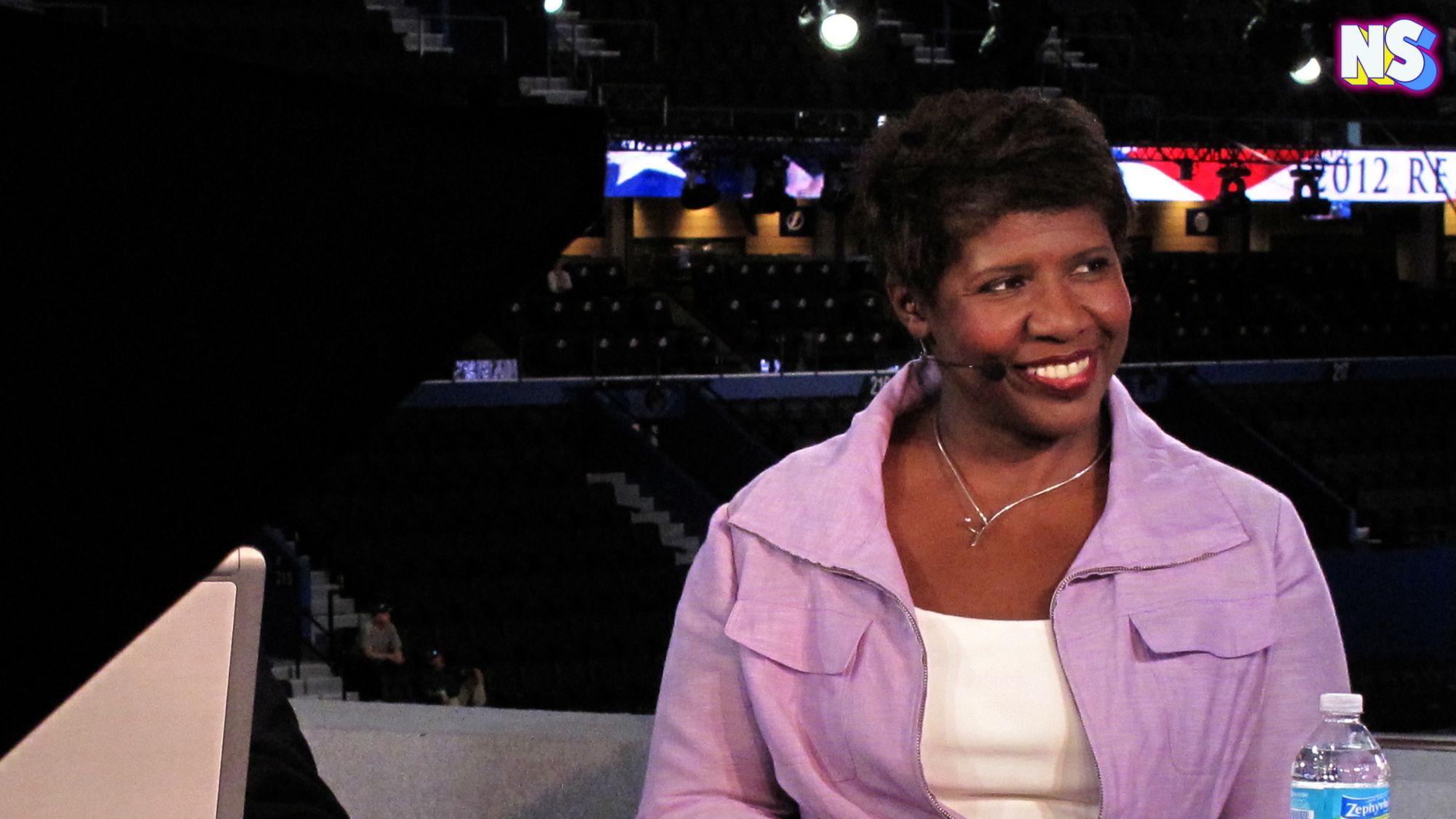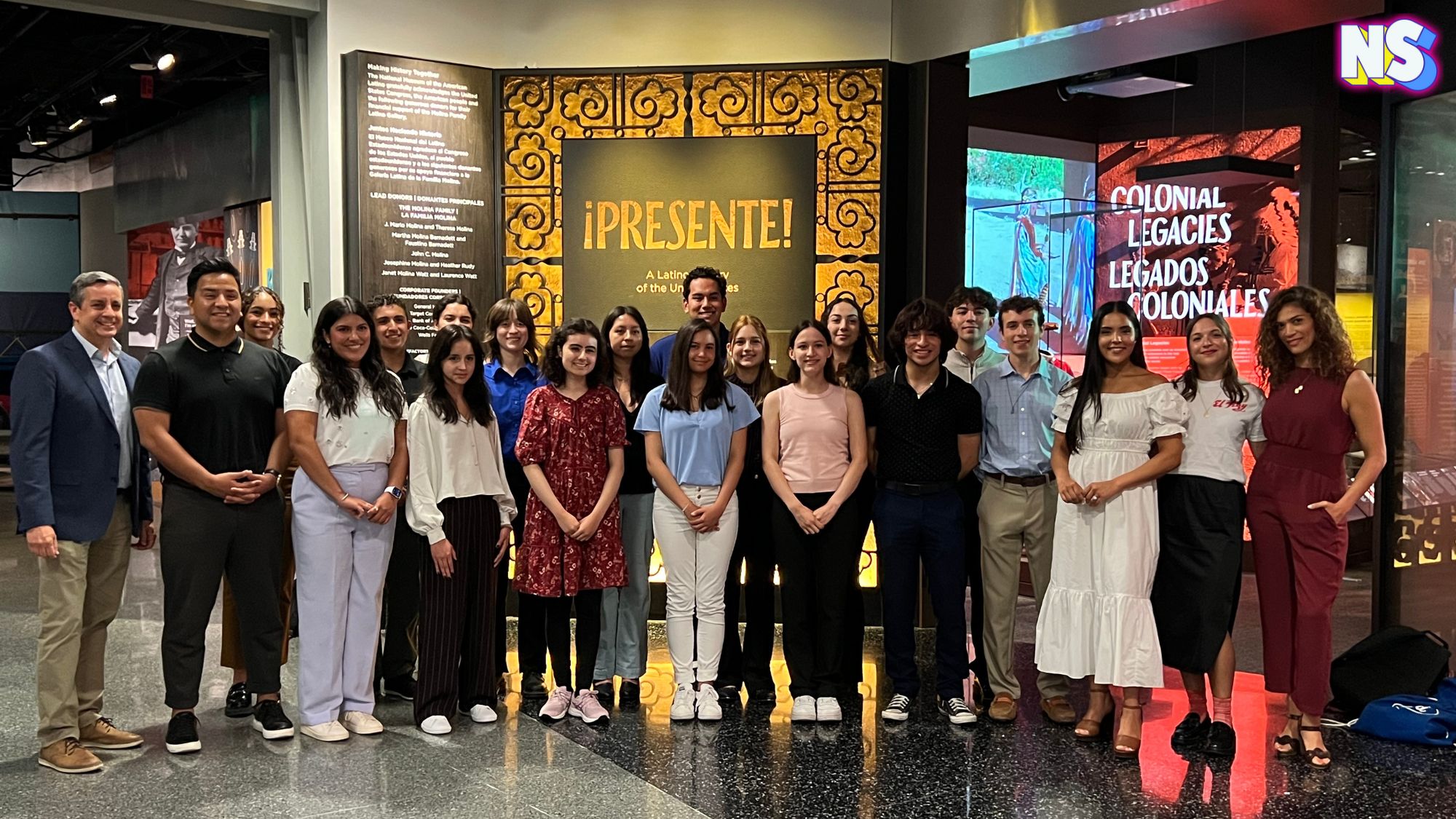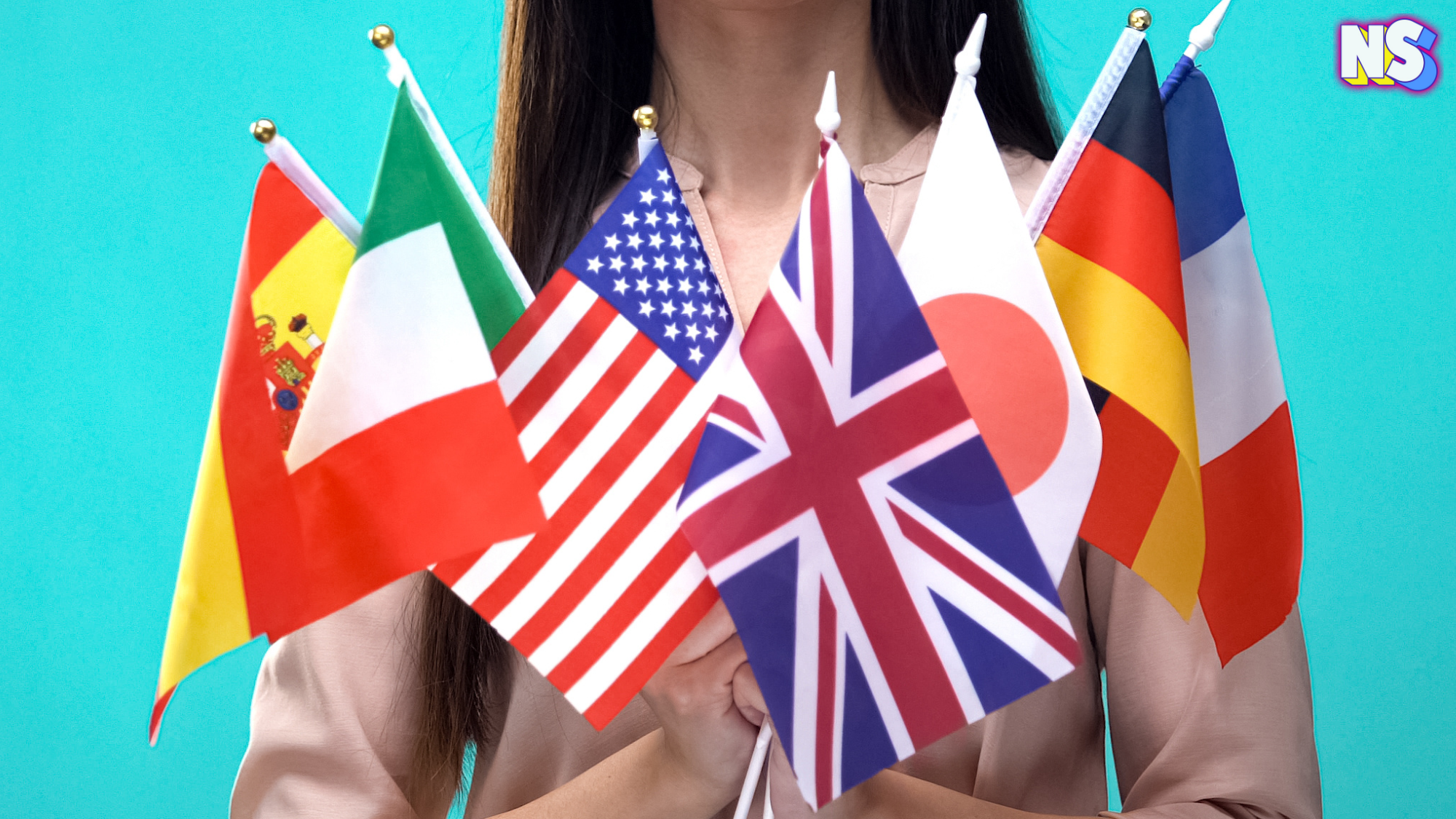Credit: Nuestro Stories
When he accepted the Nobel Prize for Literature in 1982, Colombian novelist Gabriel García Márquez described his writing – magical realism – as a genre he had not invented, although he was one of its most exuberant devotees. The elements had always been there in Latin America’s literature and life; he just illuminated them with power and art.
Read more: These Latinos Forever Changed Aviation History
García Márquez gave magical realism a name, Macondo.
“Poets and beggars, musicians and prophets, warriors and scoundrels, all creatures of that unbridled reality, we have had to ask but little of imagination. For our crucial problem has been a lack of conventional means to render our lives believable,” he said in his acceptance speech.
The Birth of Magical Realism
What García Márquez meant was that the region is the inspiration for magical realism. The genre was born from Latin America and the Caribbean’s history of dictators and revolutionaries, colonialism and slavery, heat and hunger, and violence.
Magical realism – or “lo real maravilloso” – incorporates fantastic or mythical elements into realistic fiction. In magical realism, the real world has an undercurrent of the supernatural and the magical.
Latin America and the Caribbean is the place where the line between magic and reality is blurred. But, it is not only about embracing the absurdity of Latin America; it is also about celebrating what makes the region singular.
The term was first introduced in 1925 by German critic Franz Roh, about German post-expressionist paintings. It was used to describe literature – with varying meanings – for the first time by Italian novelist Massimo Bontempelli in 1927. He was characterizing modernist fiction.
The Influence of Latin American Literature
Magical realism became popular worldwide during the “Boom Period” of 1962-1967 when Latin American literature took off internationally. During the 1960s and 70s, Latin America was in a period of political turmoil and violence shook the region – mostly due to diplomatic strategies created by the Cold War.
This is how Cuban writer Alejo Carpentier, another writer of the genre, explained magical realism.
“The fantastic inheres in the natural and human realities of time and place, where improbable juxtapositions and marvelous mixtures exist by virtue of Latin America’s varied history, geography, demography, and politics – not by manifest.”
García Márquez’s masterpiece, One Hundred Years of Solitude, is an exemplary piece of magical realism. If you doubt it, this sliver of what it contains should be proof enough.
“Many years later, as he faced the firing squad, Col. Aureliano Buendía was to remember that distant afternoon when his father took him to discover ice. At that time Macondo was a village of 20 adobe houses built on the bank of a river of clear water that ran along a bed of polished stones, which were white and enormous, like prehistoric eggs. The world was so recent that many things lacked names, and in order to indicate them it was necessary to point.”
For those of us lucky enough to have been born in the region, magical realism is el pan de cada dia. It’s our way of life.
https://nuestrostories.com/wp-content/uploads/2022/06/Susanne-182×250.jpeg

